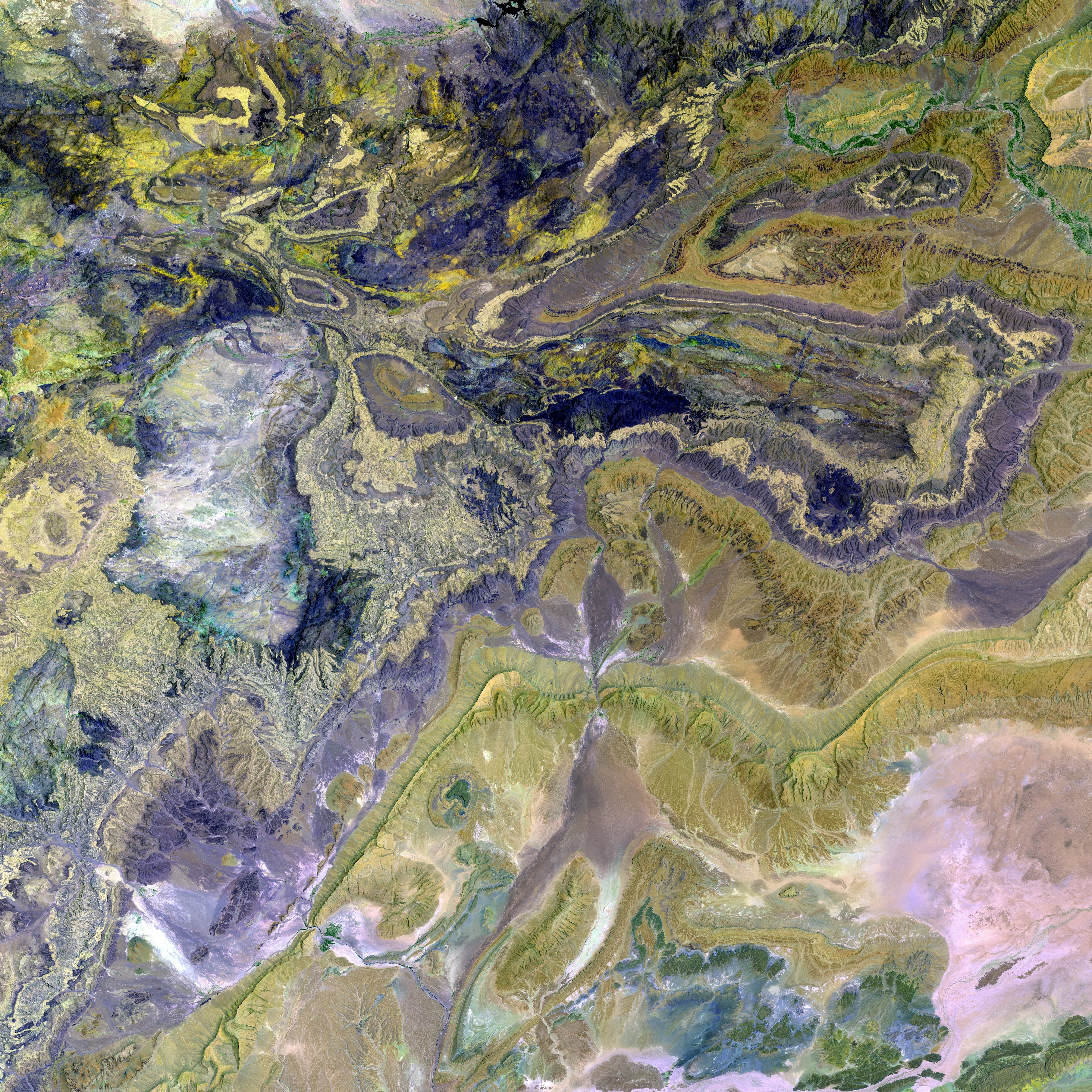Anticipated Enhancement of EU-Central Asia Relations: Previewing the Samarkand Summit's Potential Outcomes This Week
The 2025 Samarkand Summit sets the stage for a stronger and more robust partnership between Europe and Central Asia, with leaders from both regions coming together on April 3-4. This high-stakes gathering in Samarkand marks the first time Central Asian leaders convene with European Commission President Ursula von der Leyen and European Council President António Costa.
"We're heading to Samarkand to take our partnership with Central Asia to new heights. In these uncertain times, Europe stands for openness and engagement. Central Asia is a partner of choice for us," said Ursula von der Leyen on April 1.
Beyond the bilateral meetings and the plenary session, the program also features an international climate forum on April 4. Brussels considers this summit a landmark moment, building on years of growing engagement and a shared ambition for stronger strategic ties. It may signal the launch of a formal EU-Central Asia strategic partnership.
"At the summit, we'll deepen trade ties, expand cooperation in transport, critical raw materials, digital connectivity, water, and energy. All of it backed by a new Global Gateway investment package, turning our commitment into action," she said.
Prior engagements include a recent ministerial meeting in Ashgabat, led by High Representative for Foreign Affairs and Security Policy and Vice-President of the European Commission Kaja Kallas. Before that, EU Commissioner for International Partnerships Josef Sikela toured Central Asia, focusing on Global Gateway goals in the region.
The summit agenda focuses on several crucial topics, including trade, transport, critical raw materials, digital connectivity, water, and energy. talks will center on shared priorities such as multilateralism, security, trade, environmental and climate issues, and fostering people-to-people exchanges.
The EU remains a key trade and investment partner for Central Asia, accounting for 22.6% of the region's combined foreign trade as of 2025. Over 40% of investments in the region come from the EU. For Kazakhstan, the EU alone accounts for over one-third of its external trade and more than 50% of incoming foreign investment.
EU and Central Asian leaders will also discuss regional stability and the evolving situation in Afghanistan, as well as Ukraine following recent developments. The EU will reaffirm its strong position and seek further cooperation with Central Asian countries on preventing sanctions circumvention in Ukraine.
Officials say the summit marks a culmination of long-standing relations with the region, now gaining fresh momentum amidst changing global dynamics. The EU views Central Asia as more than just a transit route or a source of raw materials. It is seen as a stable and reliable partner with untapped economic potential and a strong will for diversifying these ties.
The summit is expected to strengthen strategic partnerships, boost investments, and foster mutual respect and trust. Analysts believe this summit presents a key opportunity for the EU to reinforce its role as a "trusted partner" in the region. For Kazakhstan, the summit offers a high-profile platform to reinforce its role and secure new opportunities.
- The international climate forum during the 2025 Samarkand Summit highlights the EU's interest in expanding cooperation with Central Asia, particularly in the energy sector.
- As the EU-Central Asia strategic partnership evolves, talks at the summit will address financial matters and vital resources, such as digital connectivity, raw materials, and trade, backed by the new Global Gateway investment package.








